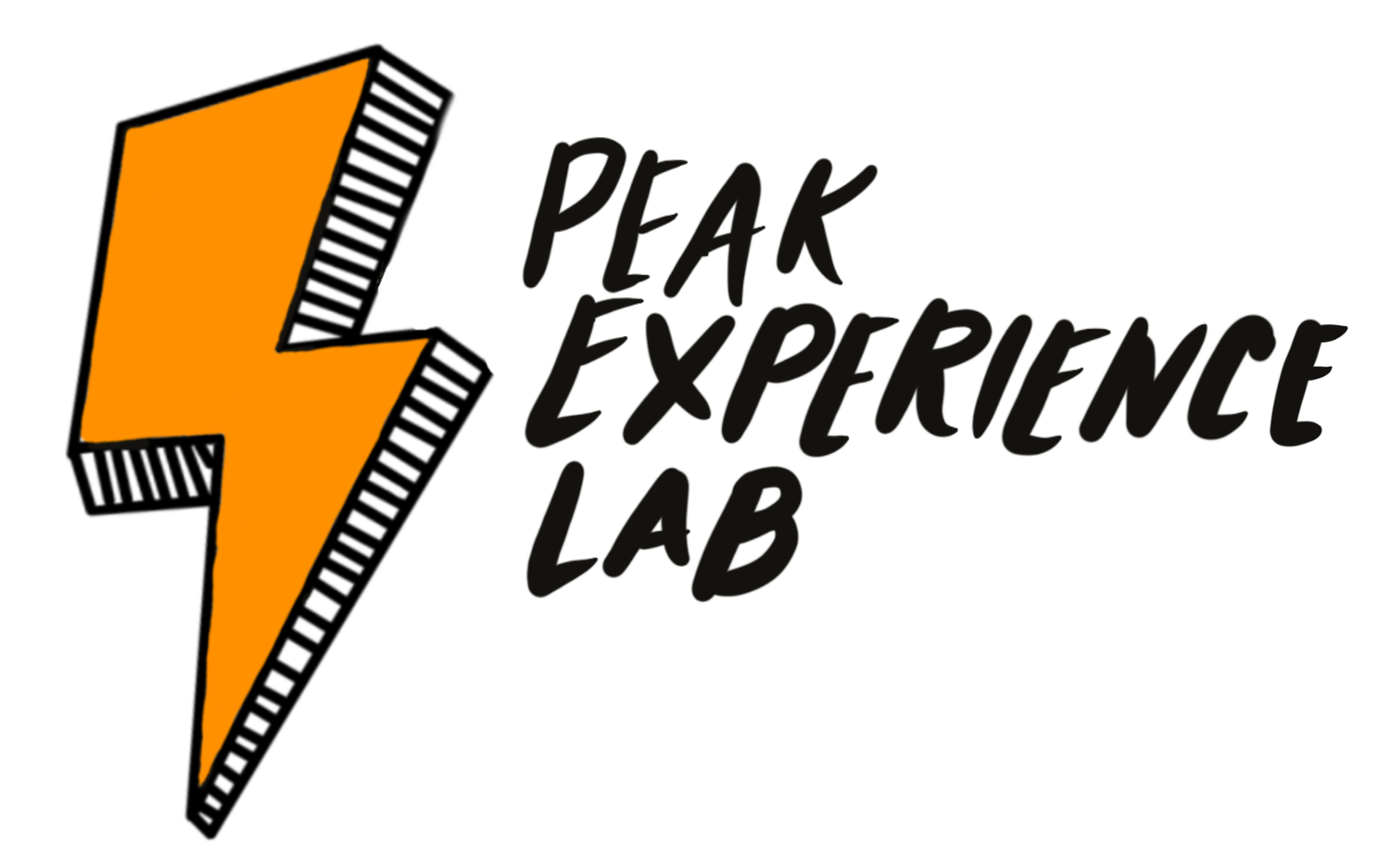Services & Expertise
>Experience Design
Designing Peak Experiences
A Peak Experience is like a learning lightening bolt. It leaves the visitor equal-parts entertained and enlightened while stimulating new perspectives. These transformational experiences can be catalyzed more effectively by keeping four principles in mind. They should be thought-provoking, participatory, inclusive of multiple perspectives, and make emotional connections.
Read my blog post on “7 Reasons Museums Should Share More Experiences, Less Information.”
Immersive Learning
Crafting an immersive experience for visitors allows them to live briefly in another world - to explore that world driven by curiosity, to make decisions, and to empathize with its inhabitants. Immersion is powerful tool, both intellectually and emotionally. These techniques can build critical thinking skills, inspire awe-struck wonder, and help visitors learn about themselves in meaningful ways. Immersion can be achieved using many tools: live role-playing, participatory theatre, physical space design, audio-scapes, and Virtual Reality technology. But the real magic is not just in the technique, it's in the structure and purpose of the design.
Educational experience design is my passion. My work includes several award-winning programs which have substantially increased revenue and visitation.
Contact me for workshops, consultation, or to create start-to-finish projects.
>Big Picture Thinking
Getting to the Heart of the Matter:
Content Development Around Essential Questions
Thought-provoking questions lie at the heart of all human curiosity. How should we limit personal freedom? Which species deserves to be saved? But oftentimes, when these questions evolve into programs or exhibits, they are transformed into static, encyclopedic answers. What if we honored the pursuit of the question, more than the answers? Designing educational activities and exhibits around a big "essential" question can frame content in a way that helps learners think beyond shallow facts, to curiosity-provoking concepts. This technique also helps museum staff to be "masters of exclusion," pruning content that takes away from the true focus of an experience. Creating truly compelling questions is an art form that takes some analysis and practice.
Interpretive Planning and Unlocking Relevancy
Connecting museum content to people's current-day lives is imperative if institutions want to remain viable in the 21st Century. But relevancy isn't about being trendy. It's about framing unfamiliar concepts in ways that matter to people and using engagement techniques that excite today's audiences.
Through interpretive planning, I help museums to:
Create a new transformative brand of visitor experience
Embrace experiential and participatory learning; reduce the volume of information displayed
Utilize essential questions in place of themes, big ideas, and main messages (where appropriate)
Connect with and involve community members in the process
Think beyond learning goals to: foster empathy, manage and identify emotions, examine ethics, learn about ourselves etc.
Include stories of marginalized groups that have been previously ignored
Become more purposeful and selective in choosing objects to display
Examine boundary pushing-questions about their organizational culture
Before hiring a creative media firm or exhibit developer to create expensive displays and gizmos, contact me to help you shape the most important element - truly thought-provoking content. Seeing the compelling big-picture concepts that emerge from piles of research is a skill I’ve honed for many years. I'm an expert at finding the "so what?" and I can teach your staff this skill as well. What is an Essential Question? Find out here.
>Educator Skill Building
Educator Training on Engagement Techniques
A visitor's experience is only as good as the educators with whom they interact. Today it's more important than ever for educators to invite visitor participation in constructive ways, to master the art of dialogue facilitation, to inspire imagination through storytelling, and to genuinely listen to their guests. I facilitate workshops that can be tailored to institutional need, but sessions can include best practices for tackling sensitive topics, building tours around thematic questions, using museum theatre, and other engagement techniques that invite participation and deeper thinking.
Investing in training is one of the best ways a museum can improve the visitor experience. As a master educator, I have trained hundreds of docents, educators, and museum interpreters. I also specialize in train-the-trainer workshops for education staff.
Having trouble getting an objective view of your educator's performance on the floor? Hire me to "secret shop" your visitor experience and make recommendations based on observations.
.






